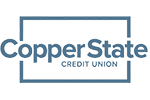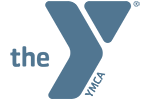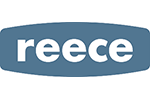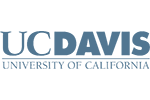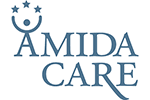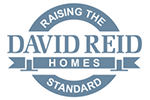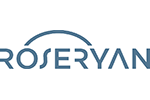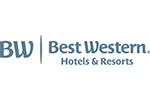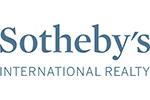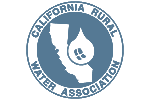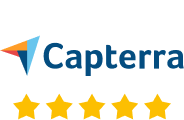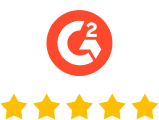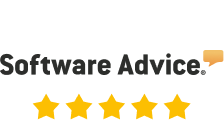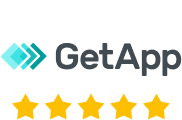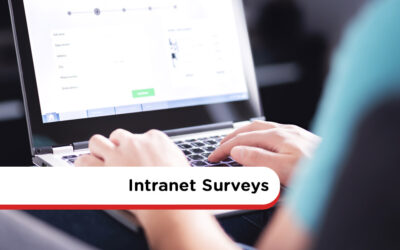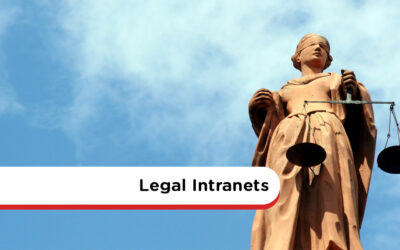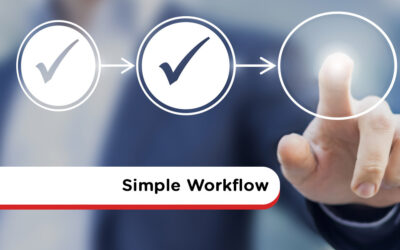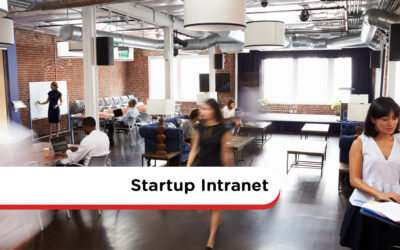Your All-In-One Intranet For Employee Communication, Knowledge, and Learning
The modern AI intranet where teams connect to learning, knowledge, information, and each other.
Before MyHub
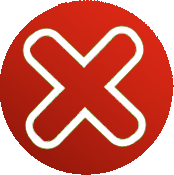
Knowledge buried in inboxes

Teams disconnected from the business

No central place for learning resources

Manual paper based processes
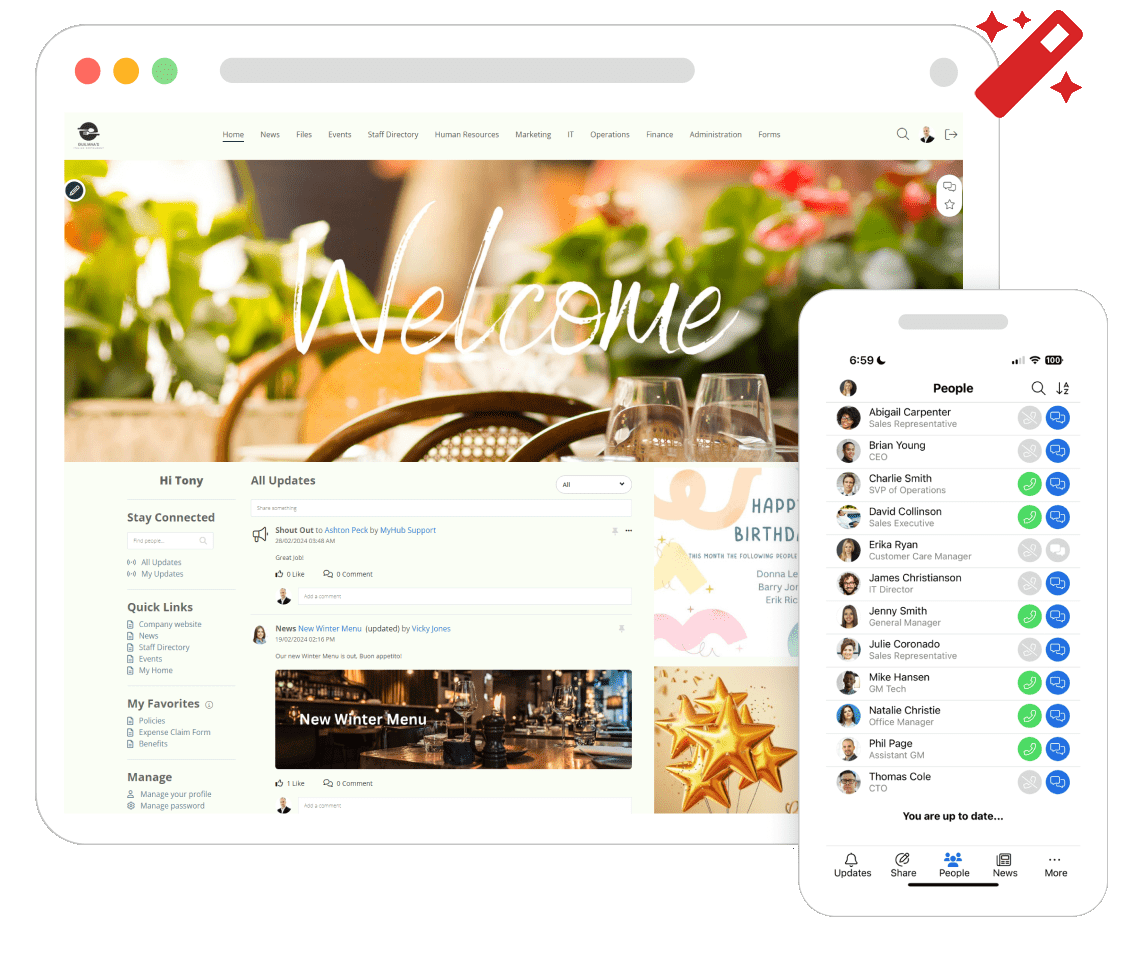
After MyHub
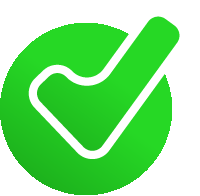
Find what you need instantly

All-in-on learning & intranet

Go paperless with easy digital forms

Publish more, faster, with AI-powered tools
Give your employees access to everything they need
MyHub gives your team quick access to the tools and resources they use every day. With an intuitive layout and powerful search, it’s simple to connect with policies, documents, news, conversations, calendars, forms, staff directories, and more.
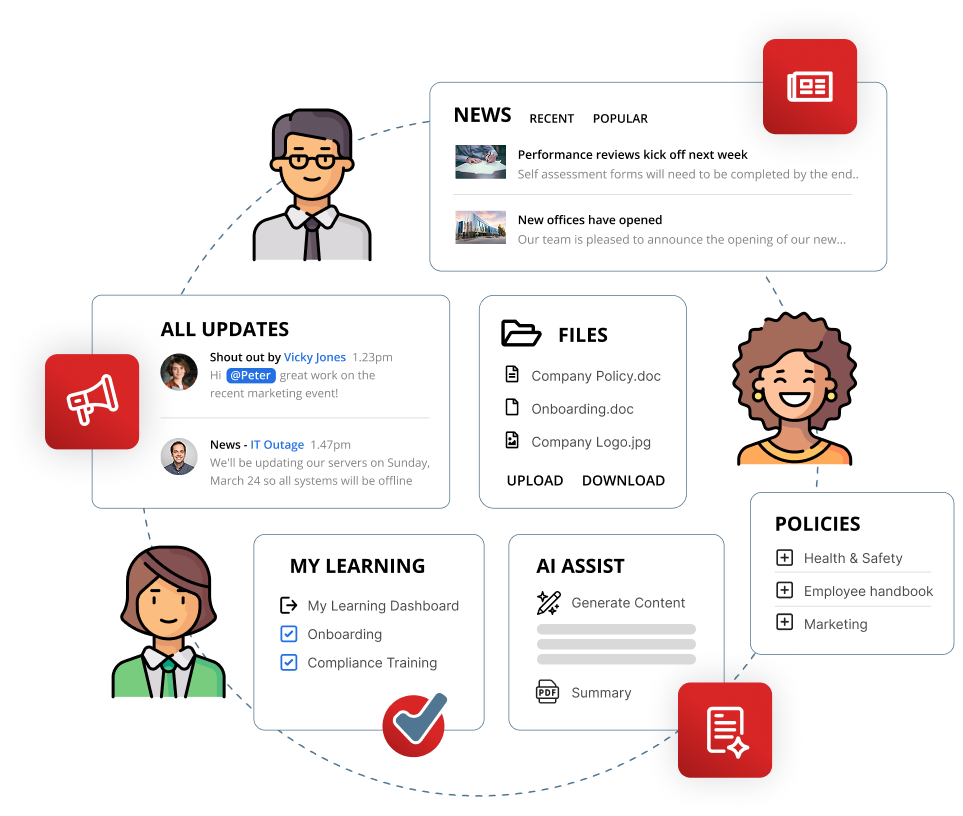
Benefits at a glance
Publish information quickly and easily
Access everything in one place
Train and grow your teams
Deliver training and development inside your intranet with MyHub’s AI-powered Learning Management System. Faster course creation, personalized learning paths, and built-in reporting make learning simple and effective.
Transform your intranet with integration
Streamline your workflow and reduce administrative tasks with our integrations. Easily connect to your everyday apps and manage users effortlessly from your intranet. Explore now >
AI Assist
Create and publish content in minutes with AI-powered support. From policies and procedures to news articles, AI Assist helps admins draft, edit, and update information quickly, reducing time and keeping communication clear and current.
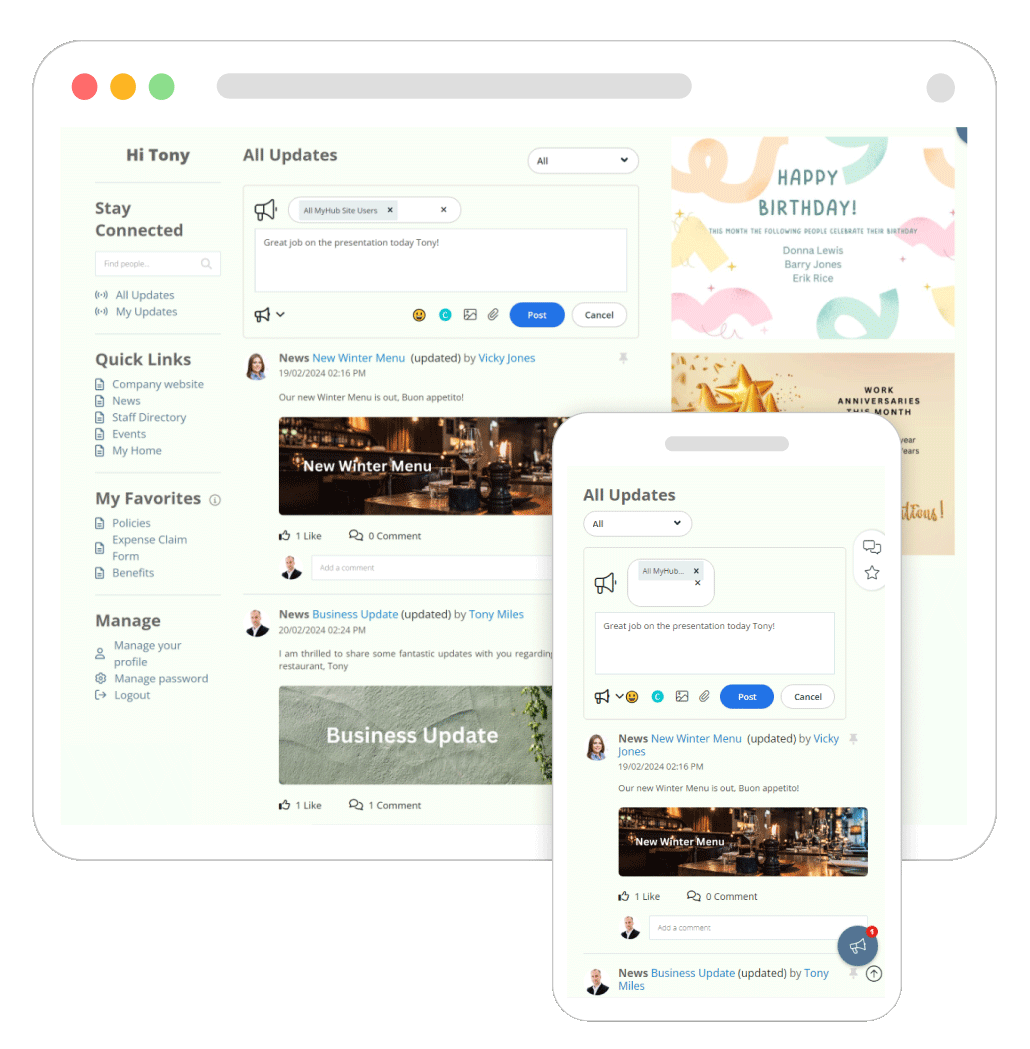
Smarter Learning, Built Into Your Intranet
Keep your people engaged and growing with MyHub’s AI-powered Learning Management System. Deliver onboarding, compliance, and professional development seamlessly within your intranet.
- AI-assisted course creation saves time
- Personalized learning paths adapt to each employee
- Integrated learning notes and reporting capture progress
- Build courses from any format, including video, podcasts, PDF and more
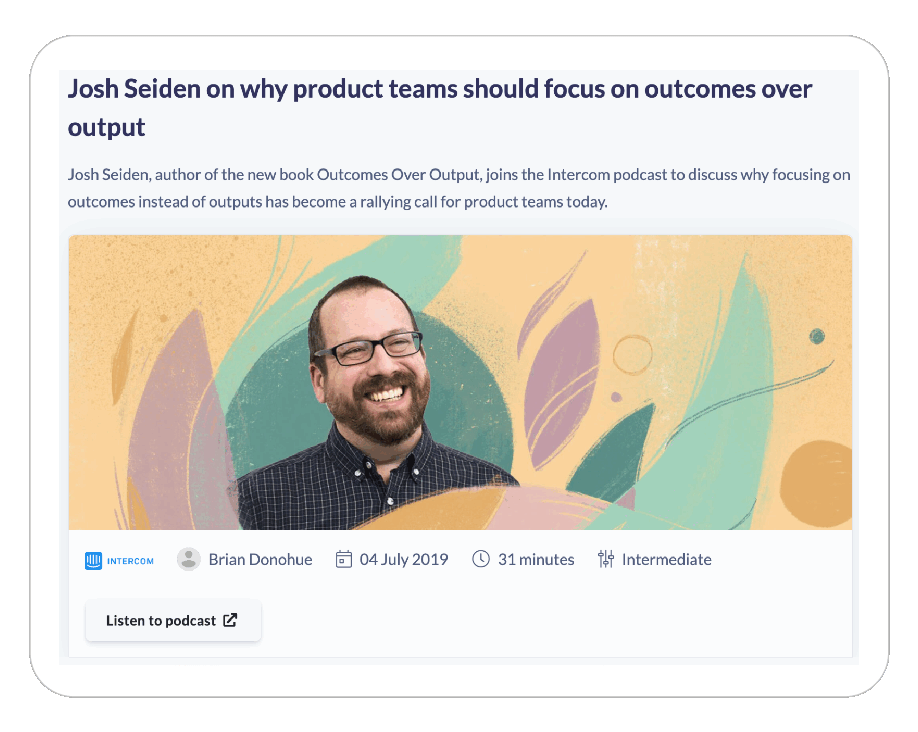
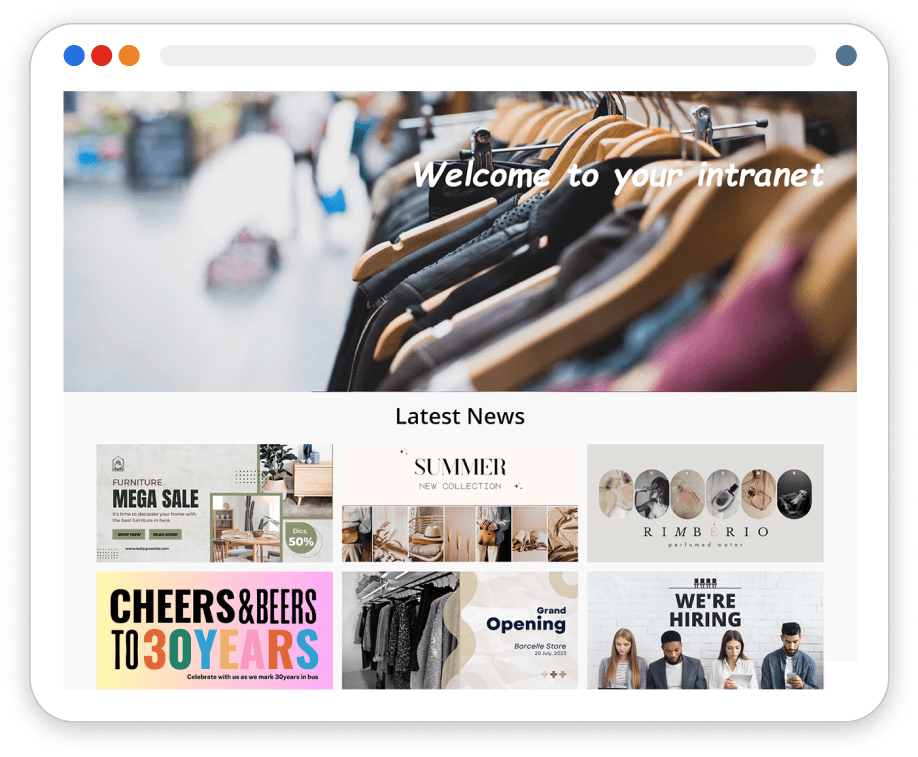
Create an intuitive and beautiful intranet
Delivering a beautiful functioning intranet is now easier with MyHub’s integration with Canva. Images and designs sourced from Canva can be used alongside other content types, from PDFs to videos, to enhance your intranet’s appeal.
Simplify the publishing and sharing of critical information while making your intranet visually stunning.
Book a demo today to discover how effortless it is to create an intranet you’ll be proud of.

Best Western are now more productive than ever
Quick and easy access to your intranet in your pocket
The most essential employees in any business are the ones on the road, often doing the ‘real’ work. So giving these team members information at the right time can materially move productivity. That’s where our mobile app comes in.
Not everybody has a desk job, but they have a mobile device. So when your team needs quick access to information, wherever they are, our mobile app is the first place to go.
The mobile app will enhance how your team works, giving a seamless experience across all devices and providing employees with the same level of access, whether in the office or out and about.
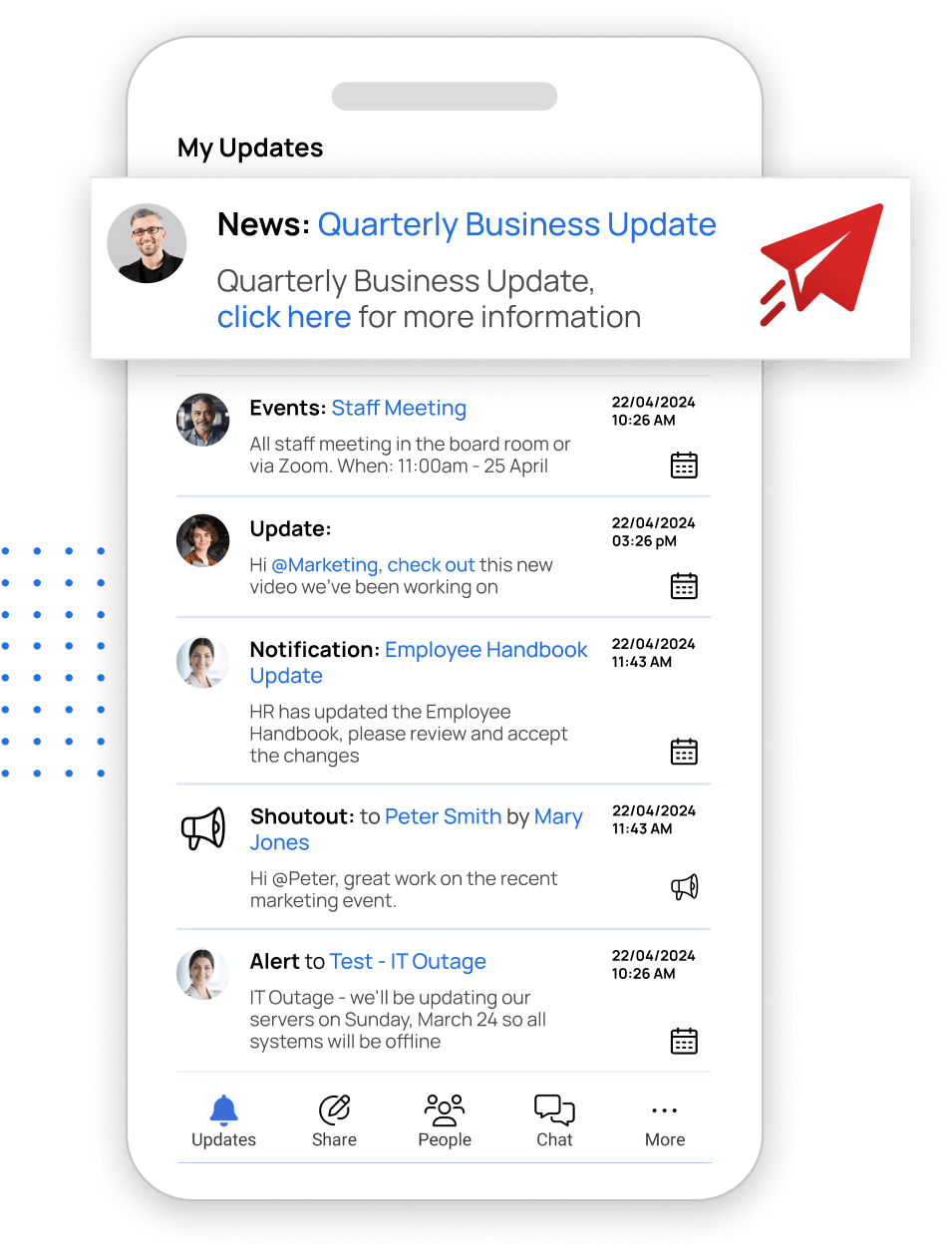
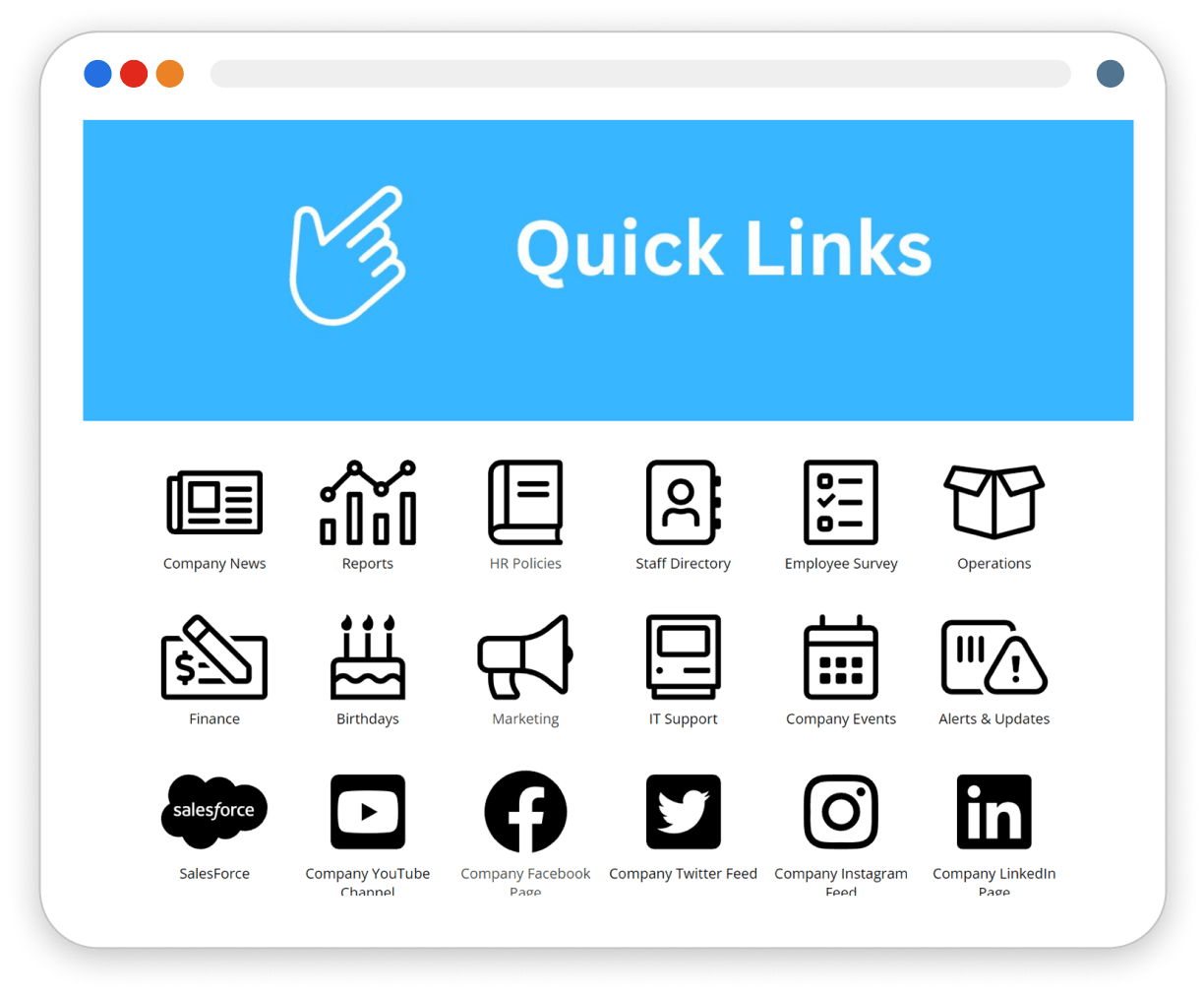
Some interesting articles you may like…
Intranet Surveys: How To Get Started
Intranet surveys are an effective and affordable way for companies to boost employee engagement, measure satisfaction, and direct strategic growth. This comprehensive guide outlines how organizations can use internal surveys to collect actionable feedback from staff, build trust, and foster a culture of open communication. By doing so, businesses can ensure they’re aligned with employee needs while also improving productivity and retention.
The post covers best practices for designing impactful surveys, including optimal question types, ideal survey length, and how to balance qualitative and quantitative feedback. It explores key survey categories such as company culture, workplace environment, recognition, personal development, and internal relationships. The article also provides dozens of sample questions to help HR teams or internal communicators get started quickly.
Finally, the blog emphasizes the importance of follow-through. Gathering data is only useful if companies act on the insights. Publishing results, implementing changes (both quick wins and long-term fixes), and communicating progress are critical for success. When done right, Intranet surveys become a vital tool for continuous improvement and employee engagement.
Legal Intranets: 10 Must-Have Features for Law Firms and Legal Teams
In today’s fast-paced legal environment, efficiency is paramount. Legal intranets offer law firms a centralized platform to streamline business operations, improve collaboration, and enhance access to critical information. From solo practitioners to global legal teams, intranets help reduce inefficiencies, automate administrative processes, and ensure data security.
This blog post outlines ten essential features that any legal intranet should include, such as robust knowledge management tools, online forms, staff directories, secure client portals, and intuitive design. It also explores how intranet platforms can enhance employee engagement through feedback tools and recognition programs while ensuring high-level data protection and compliance.
The post wraps up with real-life case studies from P4B Law and Turnbull Hill Lawyers, showcasing how intranets have transformed their operations. Whether your firm is focused on client communication or internal process improvement, a well-designed legal intranet can significantly elevate your team’s productivity and service delivery.
8 Top Performance Review Tips For Managers
Performance reviews are an essential part of managerial duties, but many managers struggle to make them meaningful and productive. In this blog post, we explore eight top performance review tips that help managers conduct effective evaluations. From shifting your perspective from judge to coach, to preparing thoroughly for each meeting, the article emphasizes the importance of clear communication and ongoing feedback throughout the year. The tips aim to enhance both the employee’s experience and the manager’s effectiveness.
Key strategies highlighted include gathering 360-degree feedback, creating a comfortable and distraction-free environment, and delivering balanced feedback that acknowledges achievements while addressing areas for growth. Managers are also encouraged to share review materials in advance, set clear goals during the meeting, and schedule regular follow-ups to track progress. These actions help create a transparent, collaborative process that benefits both the employee and the organization.
Ultimately, the goal of performance reviews is not just to evaluate performance but to foster growth and motivation. By implementing these tips, managers can ensure that reviews are not a dreaded task but an opportunity for development and mutual success. Incorporating regular check-ins and setting achievable goals ensures continuous improvement, leading to higher engagement and retention within teams.
CEO Blog: Mastering Communication with Staff and Clients
In today’s fast-paced business environment, effective communication from leadership is more crucial than ever. A CEO blog provides a powerful internal communication tool that connects employees directly with top leadership. By regularly publishing transparent and engaging content, CEOs can bridge gaps in understanding, strengthen trust, and cultivate a sense of inclusion across all levels of the organization.
Beyond simple messaging, a CEO blog also plays a vital role in reinforcing company values and culture. It creates a platform to celebrate achievements, explain strategic changes, and align the team with business objectives. With the added ability to invite two-way conversations via comments or polls, it becomes a dynamic channel that promotes openness and fosters collaboration.
To ensure long-term success, CEOs should focus on authenticity, consistency, and accessibility. Whether you’re sharing personal reflections or important company updates, an authentic voice resonates more deeply with staff and clients alike. Hosting your blog on the company intranet ensures easy access, while short, regular posts keep engagement high. The result? Stronger leadership presence, a more connected team, and a thriving organizational culture.
Mindfulness In The Workplace: Practical Ways To Introduce It
Mindfulness in the workplace is gaining popularity, with major companies like Google and Nike adopting mindfulness practices to boost employee well-being and productivity. At its core, mindfulness means staying present and focused, avoiding distractions from past or future concerns. This approach helps employees concentrate on the task at hand, reduce stress, and enhance overall performance. The concept stems from Buddhist teachings but has evolved into a powerful tool for modern professionals.
The benefits of mindfulness in the workplace are wide-ranging. It builds resilience, strengthens emotional intelligence, boosts creativity, and enhances personal relationships between colleagues. Employees who practice mindfulness are better able to manage stress and improve focus, leading to better work quality and healthier work dynamics. Mindfulness encourages an empathetic, innovative, and resilient workforce, improving both individual and team performance.
To successfully introduce mindfulness in the workplace, employers should start by incorporating small, manageable practices. Simple exercises like mindful breathing or offering a quiet space for meditation can make a big difference. Ensuring that mindfulness is optional and not mandatory is key to its success, as forcing participation can lead to resistance. By creating a supportive environment for mindfulness, businesses can foster a more balanced and productive workforce.
Simple Workflow: Speedy and Accurate Business Processes
In today’s fast-paced business environment, organizations often rely on outdated paper and email systems for essential processes like requests, approvals, and information gathering. These methods are prone to human error, delays, and inefficiencies. Simple automated workflows, powered by intranet solutions, can replace these cumbersome systems, offering faster, more accurate ways to handle routine tasks such as leave requests, expense claims, and marketing materials development.
A simple workflow involves the use of online forms that collect necessary data and automatically route it to the appropriate department or staff member. The benefits of implementing such a system are numerous. Speed is dramatically increased as staff no longer need to search for physical forms or chase information. Accuracy is enhanced by collecting all required details upfront and eliminating the risk of misplaced requests or duplicate actions. With automated notifications and status updates, managers can oversee workflows efficiently and intervene when necessary.
Implementing a simple workflow doesn’t require expert technical knowledge, and staff can easily set up and manage forms through user-friendly tools. The system also offers customization, allowing businesses to tailor workflows to their specific needs, such as setting approval levels or notifying the relevant teams when action is required. With increased efficiency and improved resource utilization, adopting an intranet-based simple workflow is a game-changer for any organization looking to streamline its operations.
Startup Intranets: Six Reasons Why Your Company Needs One
Many startups might think that an intranet is a luxury reserved for large corporations, but the truth is, a cloud-based intranet can provide startups with a competitive advantage from day one. By streamlining communication, managing information, and offering seamless integration with tools like Google Docs and Microsoft Office 365, an intranet helps startups stay organized and efficient. It provides a single platform for collaboration, making it easy for remote workers to stay connected and for information to be shared across the team in real-time.
An intranet also offers invaluable benefits beyond organization. By providing 24/7 access, the cloud-based platform ensures that startup founders and employees can stay on top of tasks and updates from anywhere, whether they’re working from home, a coffee shop, or traveling. Additionally, having an intranet in place signals professionalism to potential investors and new hires, boosting confidence in the company’s long-term viability and organizational structure.
The flexibility of a startup intranet is another key advantage. It can scale alongside the business, adding new pages, modules, or functionalities as needed. This adaptability, combined with cost-effective monthly subscriptions, ensures that the intranet grows with your startup without unforeseen costs. By establishing efficient communication and collaboration from the outset, a startup intranet helps foster a strong company culture, setting the foundation for future success.
20 Tips To Improve Communi-
cations In The Workplace
Effective workplace communication remains one of the most important—and most challenging—aspects of organizational success. While technology continues to offer new tools, the human element, such as active listening and face-to-face meetings, still plays a crucial role. The article begins by highlighting how businesses can benefit from a communication audit to understand what channels are currently used and where improvements can be made.
The post dives into 20 practical tips that cover every angle of internal communication—from using mobile-friendly intranet software to establishing regular one-on-one meetings. It also emphasizes the importance of two-way communication, where employee feedback is valued and encouraged. Organizations are encouraged to develop a communications strategy, train managers in essential communication skills, and design office layouts that promote collaboration.
Throughout the article, real-world case studies from companies like Kenect Recruitment and Idaho State Lottery demonstrate how implementing the right tools and strategies can drastically improve communication across all levels of the business. Whether you’re leading a remote team or trying to break down silos between departments, these tips provide a comprehensive roadmap for turning communication challenges into opportunities for growth.
10 Powerful Leadership Skills to Keep You Sharp
Are leaders born or made? While some individuals naturally embody leadership traits like courage, empathy, and decisiveness, leadership is also a skill that can—and should—be continuously developed. Even the most experienced leaders must evolve in order to stay effective in today’s dynamic work environments. This blog post begins by outlining five core leadership competencies: honesty and integrity, effective communication, leading by example, decisiveness with flexibility, and empowering through delegation.
Building on this foundation, the post presents ten actionable tips to help leaders of all levels grow. From finding a mentor and enhancing project management abilities to prioritizing employee engagement and encouraging team-wide contributions, these strategies promote personal and organizational success. Leaders are also encouraged to seek feedback, stay visible, and not shy away from asking for help—reminders that even strong leadership can be humble and collaborative.
The article concludes with a strong call to action: to embrace leadership as a continuous journey. It highlights how tools like MyHub’s intranet platform can support leadership efforts by enhancing communication, collaboration, and engagement. Ultimately, staying sharp as a leader is less about perfection and more about consistent, intentional growth.


